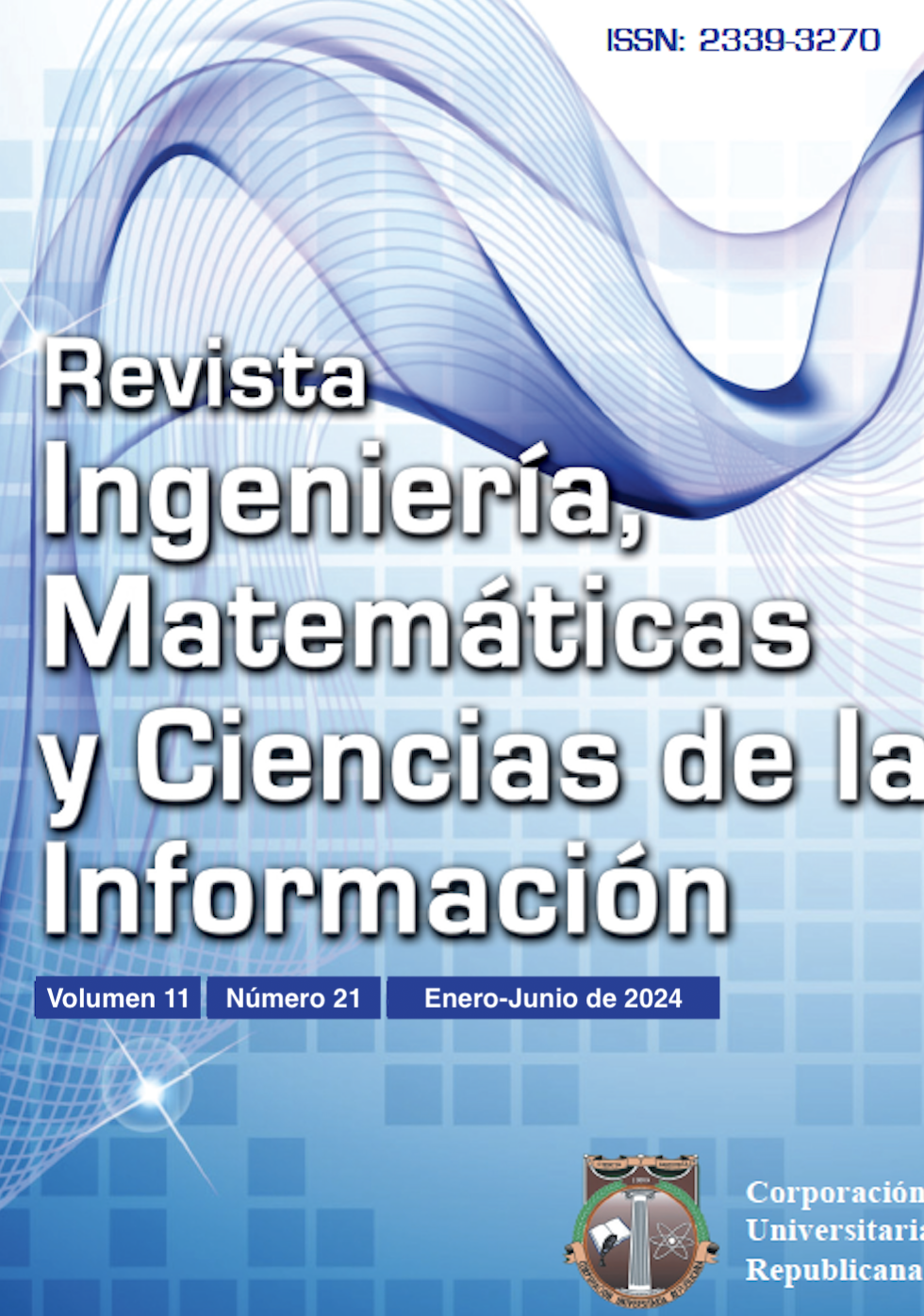Non-work risk factors and stress levels present in postgraduate students specializing in Safety and Health at Work, in the virtual modality of three higher education institutions
FACTORES DE RIESGO EXTRALABORAL Y NIVELES DE ESTRÉS PRESENTES EN LOS ESTUDIANTES DE POSGRADO DE LA ESPECIALIZACIÓN EN SEGURIDAD Y SALUD EN EL TRABAJO, EN LA MODALIDAD VIRTUAL DE TRES INSTITUCIONES DE EDUCACIÓN SUPERIOR
Show authors biography
Stress levels have shown a significant increase thanks to the different stressors that the population faces at a general level. The multiple activities related to work, education, family and society have generated psychosocial risks that have
significantly affected the life of the individual. Postgraduate students seek to improve their economic income through better professional qualifications in accordance with business needs, thus generating a multiplicity of roles which must be assumed to achieve their emotional stability[1]. This article analyzes the non-workplace risk factors and stress levels present in postgraduate students specializing in Occupational Health and Safety, who carry out studies in the virtual modality in three Higher Education Institutions. The study is descriptive with a qualitative approach, the sample was made up of 60 students from three universities in the virtual modality of postgraduate studies. The stress and extra-work risk factors questionnaire validated for the Colombian population was used[2]. The results allow us to observe that stress levels are present at the University of Medellín with high levels. Regarding non-work psychosocial risks, risks related to economic difficulties, family relationships, time away from work and emerging categories related to leadership, resilience are observed. and problem solving that allow them to face the difficult situations they face on a daily basis. It is concluded that indeed, in the presence of risks in people, protective factors must be enhanced in order to improve the mental health of postgraduate students.
Article visits 59 | PDF visits 41




